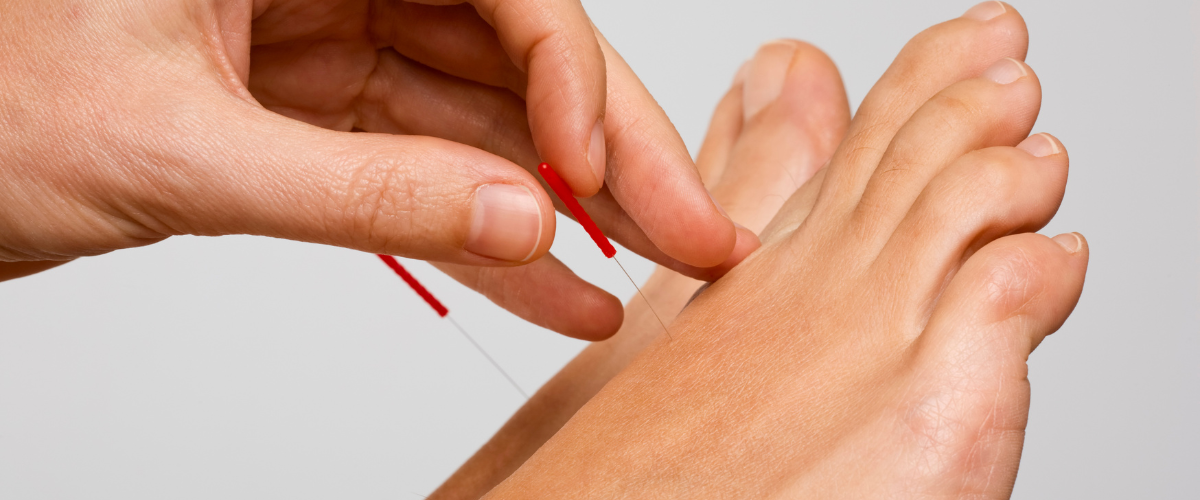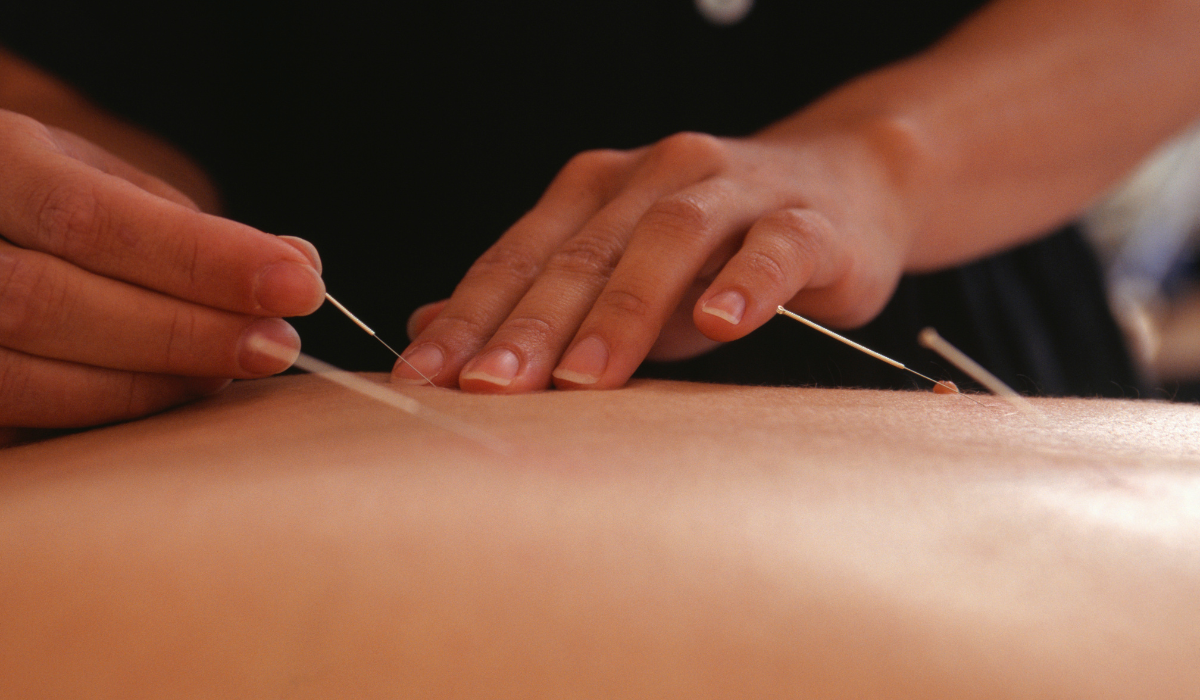Acupuncture is a traditional Chinese medical practice that involves inserting thin needles into specific points on the body to stimulate energy flow. While it has been widely known for its effectiveness in pain management and stress reduction, acupuncture has also shown promising results in improving fertility and increasing the chances of getting pregnant. By promoting hormonal balance, reducing inflammation, and enhancing overall well-being, acupuncture can be a complementary therapy for individuals or couples struggling with infertility. This article will delve into the various ways in which acupuncture can positively impact fertility and improve the likelihood of conceiving a child.

Factors Affecting the Chances of Getting Pregnant
Many factors contribute to the chances of getting pregnant. Firstly, the age of the woman plays a crucial role, as fertility declines with increasing age, particularly after the age of 35. Additionally, the regularity and timing of menstrual cycles are important, as women are most fertile around the time of ovulation. The health and quality of both the man’s sperm and the woman’s eggs also affect fertility, as any abnormalities or issues can hinder successful conception. Other factors that can impact the chances of getting pregnant include overall reproductive health, hormonal imbalances, underlying medical conditions, lifestyle choices such as smoking or excessive alcohol consumption, and certain medications or treatments that may interfere with fertility.

Can a woman get pregnant during her period?
It is unlikely for a woman to get pregnant during her period, although not impossible. Typically, pregnancy occurs when an egg is fertilized by sperm during ovulation, which occurs approximately midway through a woman’s menstrual cycle. However, it is important to note that sperm can survive in the body for up to 5 days, so if a woman has a shorter menstrual cycle or experiences irregular bleeding, there is a small chance of conception occurring towards the end of her period or immediately after. It is always recommended to use contraception consistently and effectively to prevent unwanted pregnancies.
How long does it typically take to get pregnant?
The time it takes to get pregnant can vary greatly from person to person. On average, it may take a couple several months to conceive, with about 85% of couples achieving pregnancy within the first year of trying. However, factors such as age, overall health, and fertility status can influence the duration. Some couples may become pregnant quickly, while others may require more time or even medical interventions to conceive. It is advisable for individuals who have been actively trying to conceive for more than a year without success to consult a healthcare professional or fertility specialist for further evaluation.
Are there certain positions or techniques that increase the chances of pregnancy?
There are certain positions and techniques that may slightly increase the chances of pregnancy, but their impact is generally minimal compared to other factors such as timing intercourse with ovulation. Some believe that positions that allow for deeper penetration or ones where the woman’s hips are elevated could help sperm reach the cervix more easily, potentially increasing the likelihood of fertilization. However, the influence of these factors on pregnancy rates is not scientifically proven, and ultimately, successful conception depends on various individual factors such as overall fertility health and timing.
Does age affect the chances of getting pregnant?

Yes, age can significantly affect the chances of getting pregnant. Women are born with a finite number of eggs, and as they age, the quantity and quality of their eggs decline. This decrease in egg quantity and quality can make it more difficult to conceive and increase the risk of infertility. Additionally, as women get older, their reproductive systems also experience changes that may affect fertility, such as changes in hormone levels and an increased likelihood of certain health conditions. Overall, age plays a crucial role in a woman’s ability to conceive, and women who delay pregnancy until later in life often face increased difficulties in achieving pregnancy compared to younger women.
Can stress or emotional factors impact fertility?
Yes, stress and emotional factors can impact fertility. High levels of stress can disrupt the hormonal balance in the body, leading to irregular menstrual cycles and ovulation problems. Stress can also affect sperm production and quality in men. Additionally, emotional factors such as depression, anxiety, and relationship problems can contribute to infertility by creating a negative impact on sexual desire, arousal, and overall reproductive health. Therefore, it is important for individuals experiencing fertility issues to address and manage any sources of stress or emotional distress to optimize their chances of conceiving.
What role does the menstrual cycle play in determining fertility?
The menstrual cycle plays a crucial role in determining fertility as it involves the cyclical changes that occur in a woman’s reproductive system to prepare for potential pregnancy. It typically lasts around 28 days, although this can vary between individuals. During the menstrual cycle, the ovaries release an egg (ovulation) which travels through the fallopian tubes and into the uterus. If fertilization chances of getting pregnant occurs during this time, the egg may implant in the uterine lining and result in pregnancy. The menstrual cycle also involves the shedding of the uterine lining (menstruation) if fertilization does not occur, signaling the start of a new cycle. Understanding the menstrual cycle is essential for predicting and optimizing the chances of conception, as fertility is generally highest around ovulation.

Can certain medical conditions or medications affect the chances of getting pregnant?

Yes, certain medical conditions and medications can affect the chances of getting pregnant. Medical conditions such as polycystic ovary syndrome (PCOS), endometriosis, and thyroid disorders can disrupt hormonal balance and interfere with ovulation, making it more difficult to conceive. Additionally, certain medications like chemotherapy drugs, antidepressants, and anti-seizure medications may have side effects that can impact fertility. It is important for individuals who are trying to conceive to consult with their healthcare provider to understand how their specific medical condition or medications may affect their fertility and explore potential solutions.
The Impact of Acupuncture on Fertility: Exploring the Chances of Getting Pregnant
In conclusion, acupuncture has shown promising results in increasing the chances of getting pregnant. While more research is needed to fully understand the mechanisms behind its effectiveness, numerous studies have demonstrated its potential benefits for fertility. Acupuncture can help regulate hormones, improve blood flow to the reproductive organs, reduce stress, and promote overall well-being. When used as a complementary therapy alongside conventional fertility treatments, acupuncture may enhance their success rates. However, it is important to consult with a qualified acupuncturist and healthcare provider to develop a personalized treatment plan. Ultimately, acupuncture offers a natural and holistic approach to optimizing fertility, providing hope to those who are seeking to conceive.
